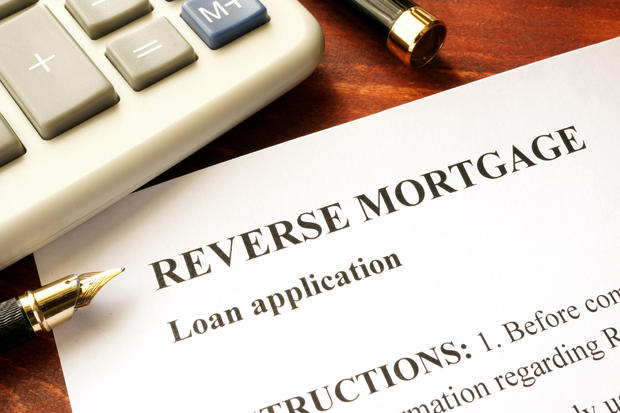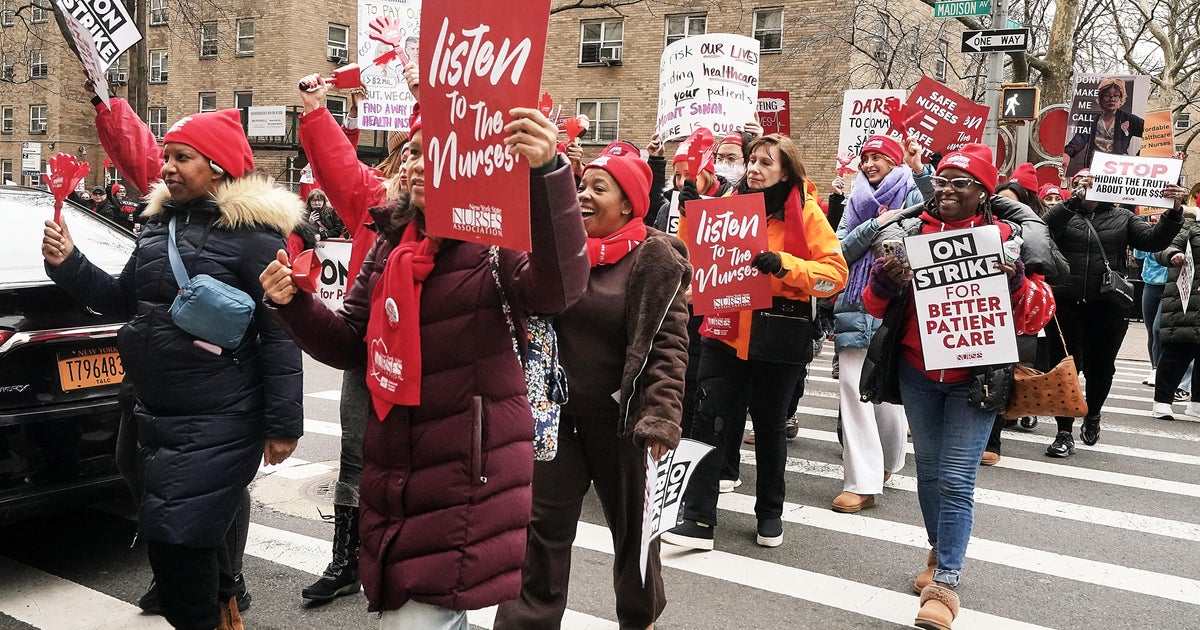Who qualifies for a reverse mortgage?
During a time when inflation has raised the costs of everything from grocery shopping to veterinary care, many Americans may be searching for new ways to pay for expenses. While credit cards and personal loans can help, they generally come with higher interest rates that could lead the borrower into more debt. Homeowners, however, have a unique opportunity to make ends meet by borrowing from the equity they've built in their homes.
This can take many forms, from home equity loans to HELOCs (home equity lines of credit) to cash-out refinancing and reverse mortgages. Reverse mortgages, in particular, have unique benefits some homeowners may find worth pursuing.
A reverse mortgage allows owners to take out a portion of their home's equity to use as needed. This applies to both for owners who have paid their house off in full and those who have paid off a sizable amount. This equity qualifies as tax-free income. It must be repaid, however, if the homeowner dies or sells the home.
But not every homeowner qualifies for a reverse mortgage. In this article, we will discuss who's qualified for a reverse mortgage as well as some viable alternatives for those who may not be eligible.
If you're interested in a reverse mortgage, start by exploring your options here to see how much you could get.
Who qualifies for a reverse mortgage?
Reverse mortgages can only be obtained by homeowners who are 62 and older at the time they apply. But that's not the only prerequisite, according to the Consumer Financial Protection Bureau (CFPB). Specifically:
- You must live in the home for the majority of the year. In other words, it must be your primary residence.
- You must own the home in full (have no mortgage balance) or have little loan left to pay. If you're in the latter group, your balance must be small enough that you can pay it in full when you close on the reverse mortgage. If you don't have enough saved to pay it off, you can use the reverse mortgage funds acquired to pay the initial loan.
- You can't owe any federal money. So, if you have federal tax debt or federal student loans, you must either pay it off before applying or use the reverse mortgage funds to pay off the debt you owe.
- You must have at least some money to keep aside for other home expenses. This includes but is not limited to maintenance, home emergencies, taxes and insurance. If you can't afford these, you probably shouldn't pursue a reverse mortgage.
- Your home must be in good condition. This condition depends on the lender you're using. Some are more flexible than others, so make sure to ask about this during the application process.
- You must agree to mortgage counseling with a HUD (U.S. Department of Housing and Urban Development) specialist. This specialist will carefully lay out eligibility terms and the pros and cons of a reverse mortgage for your situation.
Have more questions? Not sure of your exact eligibility? Check out your reverse mortgage options here now and find out and find out!
Other options
A reverse mortgage is worth pursuing for select homeowners, but it isn't for everyone (particularly considering the age restrictions). If you're a homeowner who wants to access the equity you have in your home but don't want to go the reverse mortgage route, consider these three alternatives:
- A HELOC: A home equity line of credit works similarly to a credit card by providing you with a revolving line of credit you can use to tap into your home's equity. HELOCs typically come with lower interest rates than some other credit options and, if used for IRS-approved reasons, applicants can deduct the interest they paid on their taxes at year-end.
- A home equity loan: A home equity loan works as a second mortgage. You take a loan out a lump sum of the equity you've accumulated and pay it back over a predetermined period. These loans also have lower interest rates than credit cards or personal loans and are also tax-deductible if used appropriately.
- A cash-out refinance: With a cash-out refinance, you apply for a new mortgage loan in an amount larger than what you currently owe the lender. You then pay off the first loan with the second one and pocket the difference as cash. Rates on cash-out refinance loans aren't as low as they were just a few years ago, but they could still be worth it for younger homeowners looking to access their home's equity.
The bottom line
For some older homeowners, a reverse mortgage could be just the thing they need to help pay for new expenses. There are multiple qualifications they will need to meet to secure this type of funding, however. For those interested in other options, a HELOC, home equity loan or cash-out refinance loan could make more sense, depending on the applicant's goals and financial situation at the time of application.
Explore your reverse mortgage options today and learn more!




